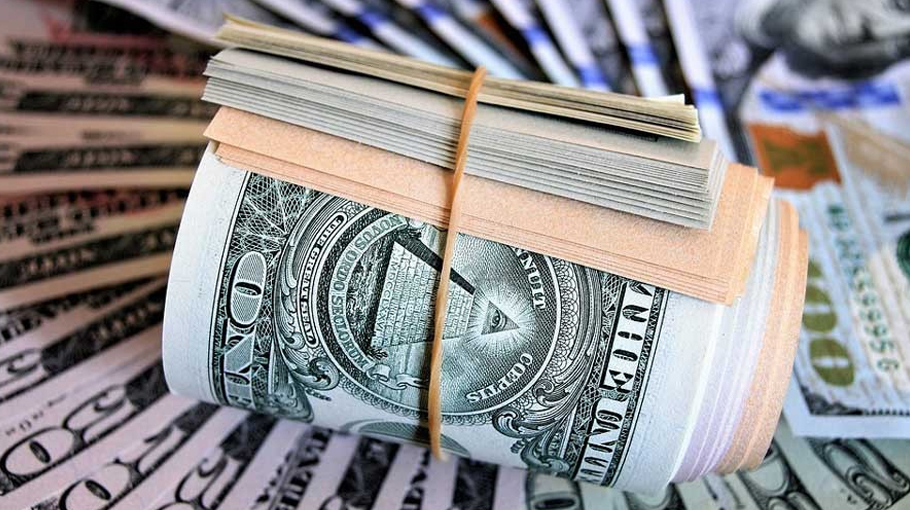Remittance inflow picks up again
Cash incentive plays vital role

Since rising cash incentive to remittance senders, remittance has been starting to increase after showing a falling trend for several months.
On the first 13 days of the new year 2022, the expatriates living in different countries have sent $836 million.
Economists and bankers said that since the first day of the new year, the government has increased the cash incentive for remittances from 2 percent to 2.5 percent.
This has had a positive effect on this index, they said, adding that more remittances are coming from the Middle East countries as the economy of the Middle East has recovered due to the increase in the price of fuel oil in the world market.
To increase the flow of remittances, the government was providing cash incentives at the rate of 2 percent from the fiscal year 2019-20.
From January 1, 2022, it has been increased to 2.5 percent.
However, in the first 13 days of this January, remittance has reached $836 million through various banking channels.
Of this, $167 million was transacted through six state-owned commercial banks while $17.1 million has come through specialized agricultural banks. Besides, $648.6 million came through 42 private banks and $3 million came through five foreign banks.
Meanwhile, remittances rose slightly in December after a five-month decline. In the last month of 2021, expatriates sent $1.63 billion in remittances, which was 5 percent more than the previous month of November.
In 2021, Bangladesh received $22.07 billion in remittances, which was more than any other year in the history of Bangladesh.
This inflow was $21.78 billion in 2020 and $18.33 billion in 2019.
Md Serajul Islam, executive director and spokesperson of Bangladesh Bank, told Bangladesh Post, “Incentives have increased in remittances. There are two Eid festivals ahead. All in all, it seems that remittances will increase in the coming days.”
Mohammad Abul Bashar, former president of the Bangladesh Association of International Recruiting Agencies (BAIRA), an organization of manpower exporters, said, “There is good news. After three years, the Malaysian labor market has opened up, workers will go there again. Rising fuel prices have boosted the economy of Middle Eastern countries.”
He continued, “More remittances will come from there. Another good news is that the government has increased the incentive for remittances from 2 percent to 2.5 percent from this January. All in all, it will have a positive effect on remittances. We are already seeing that effect.”
He expects that remittance inflows will increase again from the beginning of the new year.
He also said, “Remittances jumped in a different direction in the epidemic. Expatriates had sent all their savings at home for meeting higher demand of expenses of their families. No remittances came illegally (hundi) as everything was closed in Corona. That's why about $22 billion in remittances came in the last fiscal.”



